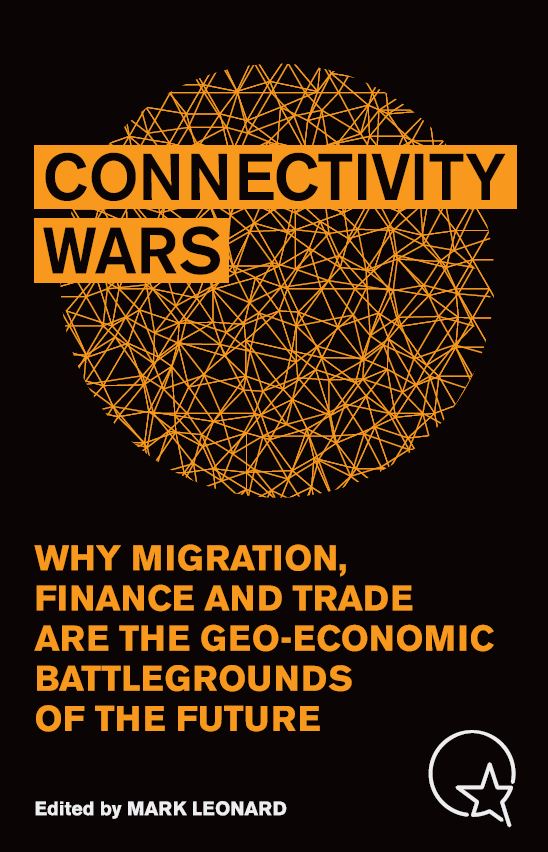The article basically is a summary of where things stand in the global move towards 'The Big Reset' that Mr. Middelkoop has written about. He sees the SDR at the IMF and gold as both playing important roles in the reset he expects. He sees China as a key player.
-------------------------------------------------------------------------------------------------------
In Financial Times China my op-ed 'China pushing US towards a monetary reset' #thebigreset
http://m.ftchinese.com/story/001065920#ccode=iosaction …
"Two years ago Xinhua published a commentary declaring that the time had come to 'de-Americanize' the world. It called for a ‘new global financial system’, not dependent on the U.S. For insiders this was no surprise, as the PBoC had been calling for an end of the dollar-era since the start of the credit crisis. In 2009 Governor Xiaochuan proposed to create ‘an international reserve currency disconnected from individual nations and able to remain stable in the long run’. By adding the renminbi to the currency basket of the IMF’s Special Drawing Rights, the SDRs could be used as a true supranational currency to replace the dollar, was his logic.
It was a reaction to the bail out of Wall Street after the collapse of Lehman Brothers. The U.S. created trillions of new dollars, all out of thin air, to support the American economy. China, which had been accumulating over a trillion of US Treasuries since 2000, immediately felt trapped. To hedge its dollar-risk China’s decided to accumulate ‘the largest gold reserves in the shortest possible time’, being aware of the old geopolitical fact; ‘He who has the gold makes the rules’."
. . . . . .
"But, to the surprise of many, some secret negotiations have been held about the next phase of world’s monetary system. It consisted of a series of meetings to discuss China’s role in ‘a new global financial order’. At the 2014 edition of the Chinese International Finance Forum (IFF), the most prestigious economic yearly conference in China Mr. Trichet, former president of the European Central Bank (ECB), told the audience; ‘New rules have been discussed not only inside the advanced economies, but with all emerging economies, like China’. ‘New rules for the game’ is central bankers talk about a monetary reset."
--------------------------------------------------------------------------------------------------------------
Additional note from Willem Middelkoop on this on his twitter feed:
Special thanks and kuddo's to Monica Kops-Zhang for the great translation (as usual). She has been a great help to spread the word in China.
--------------------------------------------------------------------------------------------------------------
My added comments: In this article Willem Middelkoop references the 2009 call for adoption of the SDR as a global reserve currency by Zhou Xiaochuan. Readers can relate this to the recent article by Dr. Warren Coats calling on China to use its influence at the AIIB (Asian Infrastructure Investment Bank) to issue its loans in SDRs that we covered here on the blog. If we do see SDR bonds issued for use outside the IMF, it would be another step towards broader adoption of the SDR as a global reserve currency that we noted in our blog article about roadblocks to broader SDR adoption.



 Jim Rickards
Jim Rickards
